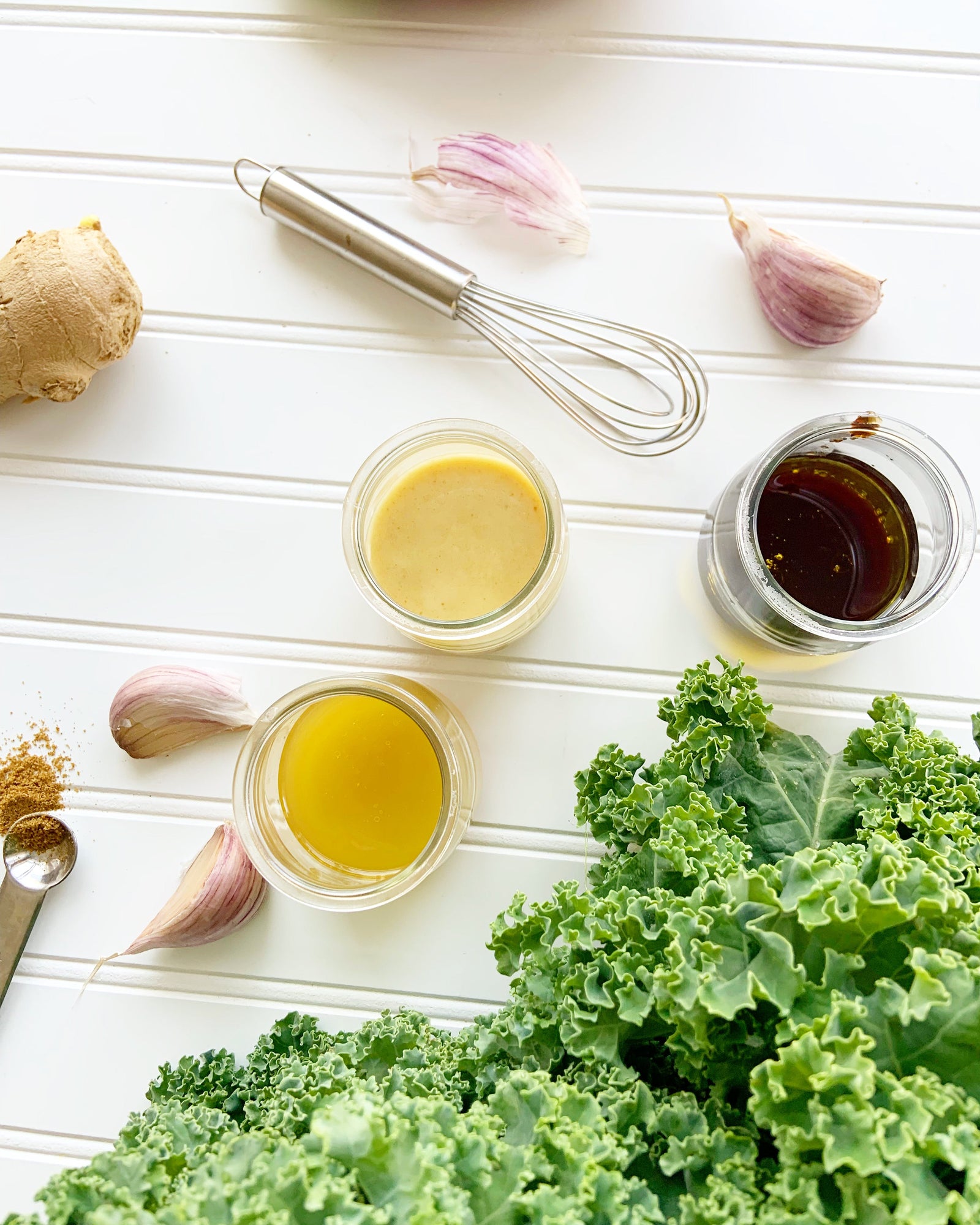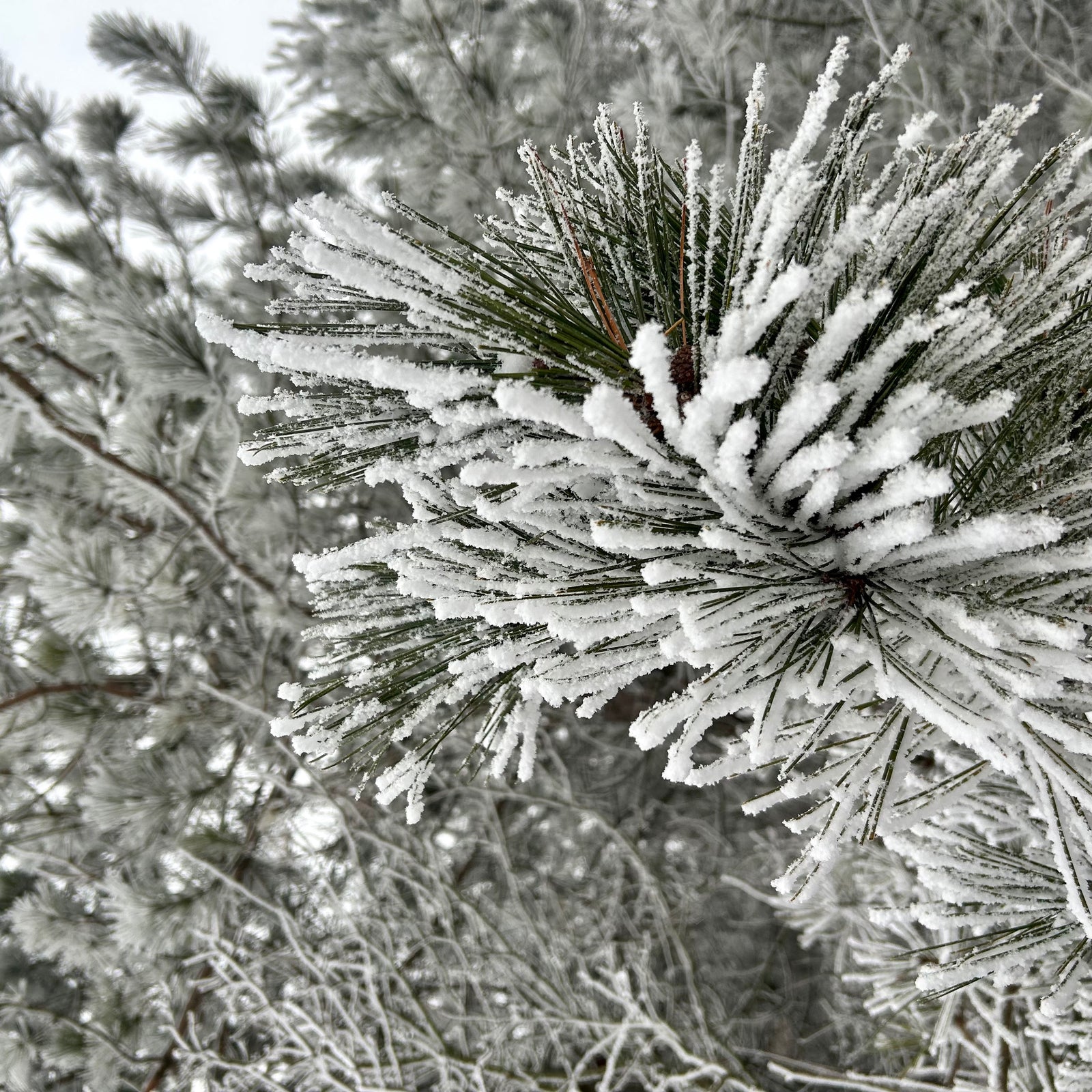What Triggers a Migraine?
Dehydration is major trigger, even for those not prone to migraines. Skipping meals can also trigger migraines. Some foods can also trigger migraines (see below). As for when migraines are more likely to occur, the Journal of Head and Face Pain says migraines are more likely to occur in the spring than any other season. In addition, the weather changes can trigger a migraine. Another culprit is stress. Stress can trigger a migraine. Practicing some natural ways to reduce stress may help migraine sufferers.
Foods that May Trigger Migraines
According to the Journal of Head and Face Pain, MSG is a food that may trigger migraines in some people. The difficult part is how MSG is hiding in many processed from some soya sauces to condiments. There are many ways MSG can be labelled in an ingredients list on a food package. To avoid MSG, do not eat foods the following ingredients: MSG, HVP (hydrolyzed vegetable protein), natural flavouring or flavouring.
Other foods that trigger migraines include those that contain caffeine, such as soda pop, coffee, tea, hot chocolate, chocolate bars, and cocoa. Adults report wine and beer can be triggers for migraines, as well. Children and adolescents may find these foods trigger migraines: cheese, chocolate, citrus fruits, hot dogs, aspartame, fatty foods, and ice cream.
Foods that Can Trigger Migraines & Headaches
- MSG
- Hydrolyzed Vegetable Protein
- Coffee
- Caffeinated Soda Pop
- Chocolate
- Hot Dogs & Processed Meats
- Aspartame
- High Fat Foods
- Ice Cream
- Citrus Fruits
- Cheese
Can a Food Allergy Trigger a Migraine?
Migraines can be triggered by a food allergy. Common food allergies include: egg, beef, pork, peanuts, nuts, fish, shellfish, citrus, chocolate, soda, corn, cinnamon, cow’s milk, wheat, rye, barley, soy, legumes, tomato. The Oligoantigenic diet is a diet plan in which you avoid all common food allergies for two week. You eat broccoli and related vegetables (kale, Brussels sprouts, cauliflower, cabbage, collard greens, kohlrabi, rutabaga, and turnips), fruit (choosing one of apples, bananas, or pears – starting with only one fruit is the best way to ensure that the fruit is not the food causing the symptoms, which is sometimes the case). After 3 days, you can add other fruits.
How to Get Ride of Your Migraine Naturally
Since you can’t avoid weather changes,
finding ways to relieve stress may be your best strategies to include in your plan to get ride of your migraine naturally. Stress relief can be achieved in some soothing lifestyle actions, including a hot bath, a yoga class, meditation, deep breathing, exercise, or avoiding people/situations you find stressful. Ensuring you are well hydrated and eating nutritious foods can also be a part of a strategy to get ride of your migraine naturally. Be sure to avoid foods that are known triggers on a daily basis.
Natural Medicines to Help with Migraines
Here are a few natural medicines that may help with migraines:
- Magnesium - helpful in muscle tension release
- Ginger - may help relieve migraines, according to research
- Peppermint oil - applied topically may alleviate headaches
- Feverfew - helpful for headache relief, according to Health Canada






